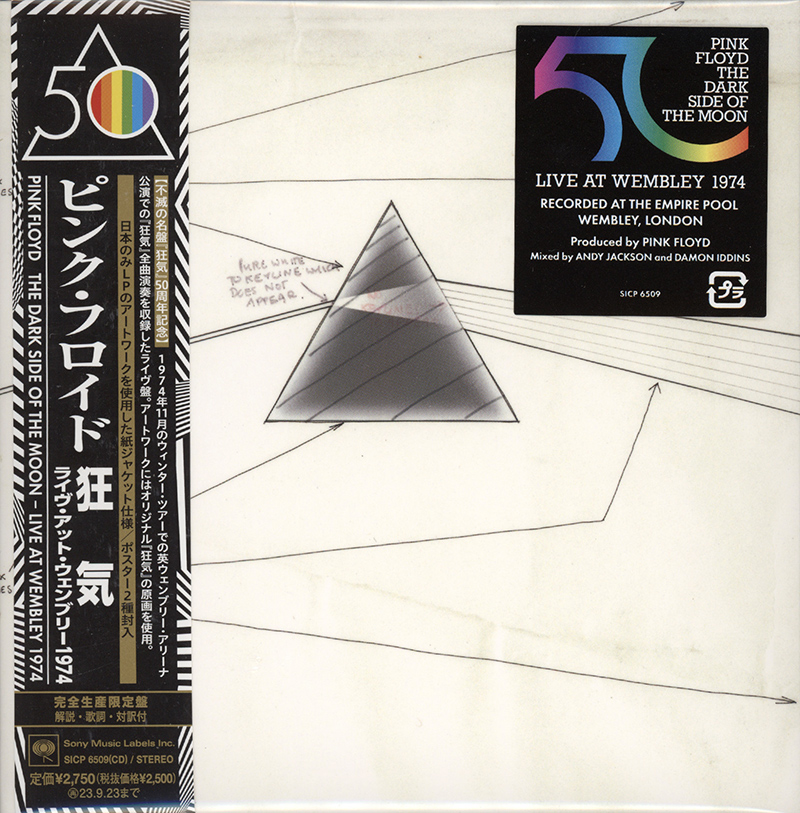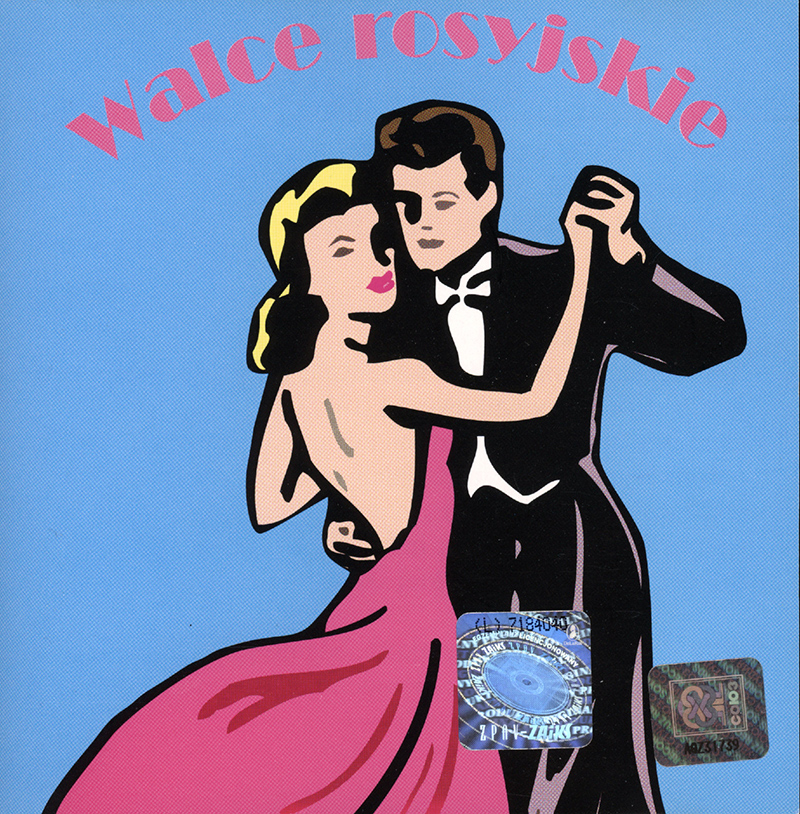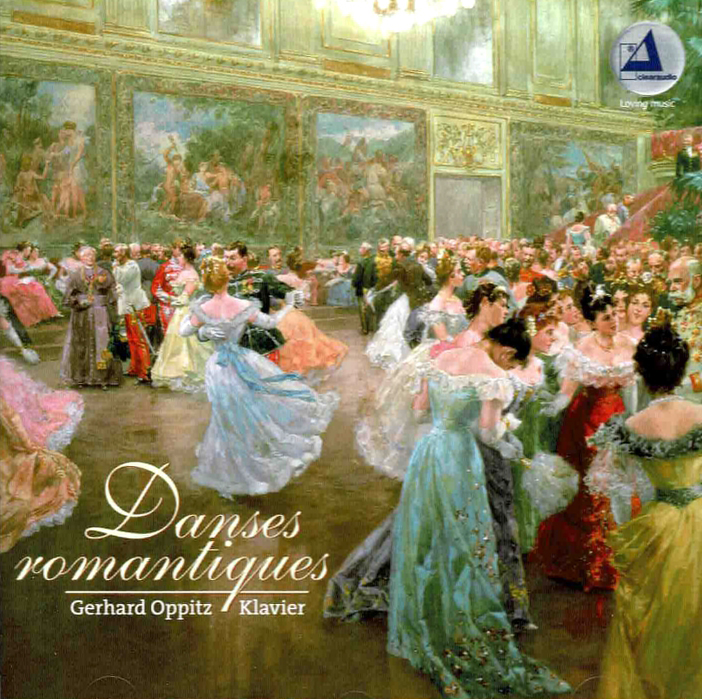Logowanie
Mikołaj - ten to ma gest!
Elton John, The Mamas & The Papas, Cat Stevens, Rod Stewart, Bobbie Gentry, Stevie Wonder, Engelbert Humperdinck
Memory Lane
Edycja Numerowana - 1000 egzemplarzy w skali światowej
RACHMANINOV, Eiji Oue, Minnesota Orchestra
Symphonic Dances / Vocalise
Best Recordings of 2001!!! NAJCZĘŚCIEJ KUPOWANA PŁYTA Z RR!
Karnawał czas zacząć!
Music of Love - Hi-Fi Latin Rhythms
Samba : Music of Celebration
AUDIOPHILE 24BIT RECORDING AND MASTERING
CHOPIN, LISZT, DEBUSSY, DVORAK, Gerhard Oppitz
Dances romantiques - A fantastic Notturno
Wzorcowa jakość audiofilska z Clearaudio
Winylowy niezbędnik
ClearAudio
Double Matrix Professional - Sonic
najbardziej inteligentna i skuteczna pralka do płyt winylowych wszelkiego typu - całkowicie automatyczna
CHOPIN, Piotr Anderszewski
Ballades, Mazurkas, Polonaises
- Piotr Anderszewski - piano
- CHOPIN
Edycja audiofilska
Chopin - BBC Music Magazine Thursday 1 January 2004 The mazurkas offer Anderszewski every opportunity for wistful reverie, and the range of colours he draws from a particularly rich instrument is endless, including not only pastel shades but special types of sonority like the low sforzando bass notes in the middle of the second Op 59 Mazurka. The melancholy little F minor Mazurka, published posthumously as Op 68/4 and added at the end of the disc, couldn't be more delicately touching. In the two polonaises, Anderszewski creates a sense of noble reserve, only revealing the full glory of his sumptuous tone gradually. In many hands the Polonaises can seem repetitious and over-insistent, but Anderszewski's chiselled articulation (just listen to those left-hand upward runs in the F sharp minor Polonaise!) and his precise rhythmic shaping invite you to relish every moment. The individuality and finesse of these performances place them beyond comparisons. Adrian Jack Source: BBC Music Magazine Chopin - Pianiste Sunday 1 February 2004 In this intelligently constructed programme, [Anderszewski] takes us from the unashamed introspection of the Mazurkas to the outbursts of the Polonaise No 5 in which he displays a quite different personality. Worth highlighting are the arresting colouristic effects of Ballade No 3 op 47 and the razor-sharp brilliance of the Polonaise No 6. But it's perhaps in the Ballade No 4 op 52, oscillating between the tragic and fleeting moments of repose, that the greatest success of this programme lies. Permeating this recording from beginning to end is an atmosphere of intense intimacy. Anderszewski is tackling Chopin neither too soon nor too late but when he seems to have found the assurance and maturity allowing him to give us a very personal and totally authoritative vision of the works. An extraordinary disc which can be recommended unreservedly. Source: Pianiste Chopin - The Guardian Friday 7 November 2003 Anderszewski's beautifully conceived programme, delivered with supreme elegance and emotional directness, concentrates on late Chopin; the F minor Mazurka Op 68 no 4 manuscript was found on his deathbed. The playing is fabulously polished, without the detachment that immaculate technique often brings. Anderszewski identifies the emotional centre of every phrase and transforms each mazurka into a tone poem of expressive density. The larger works are not lacking in stature or grandeur, either. The contours of the Third Ballade are triumphantly negotiated, while the tension in the A flat major Polonaise is thrillingly maintained. Andrew Clements Source: The Guardian





























